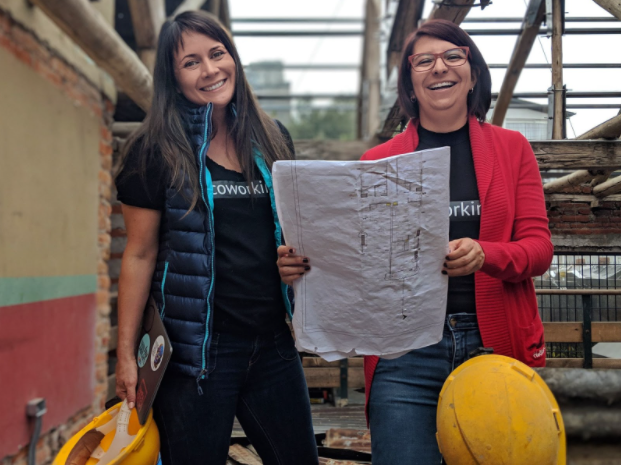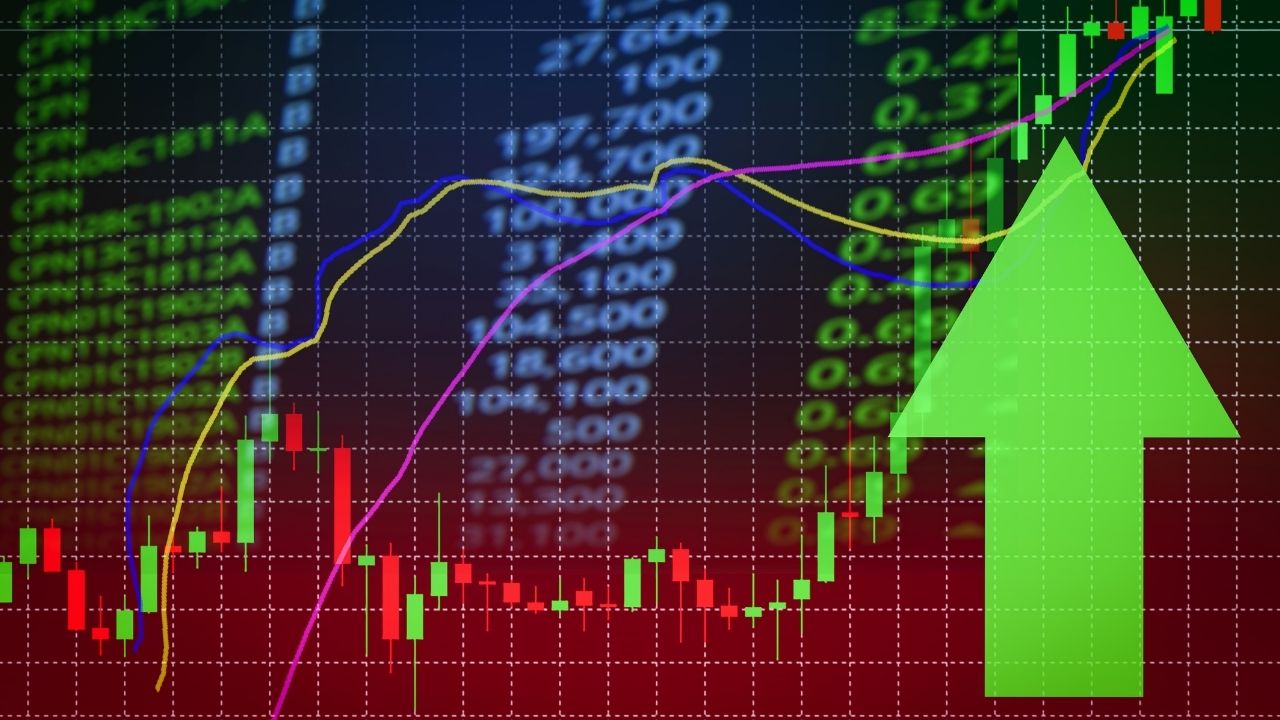Businesses are often perceived as the bad guys when it comes to social and environmental footprint. Modern slavery, child labor, habitat destruction, and global climate change are just a few of the consequences of unconscionable business practices.
Not all businesses are created equal, however. IMPAQTO, the first certified B Corporation in Ecuador, is changing mindsets across the Andean region by demonstrating that profits and social entrepreneurship are not mutually exclusive, and can go hand-in-hand.
Led by Michelle Arevalo-Carpenter, and her business partners Daniela Peralvo and Carolina Brito, IMPAQTO works to build an ecosystem where investors can network and learn about financially sustainable business frameworks that endeavor to better the community and preserve the environment.
“We are looking to demonstrate our vision of the economy of the future by helping create companies centered around a social purpose,” Michelle says. “We hope that in 10 or 15 years, all big businesses in Ecuador and Latin America will have such a social mission. Sooner or later the old businesses will have no choice but to emulate socially-driven enterprises.”
Agents of change
Michelle first learned about social enterprises when she studied public policy at UC Berkeley in California. Armed with a Master’s degree, Michelle made her way from the US to Geneva where she worked as an advisor to the UN. She found herself at the pinnacle of her career at the age of 30, but something did not sit right. “I couldn’t have wished for anything more. I was a girl from Ecuador who made it to Geneva and the UN. And then my dog died from cancer, and I realized how much I was missing home. I was missing my family and working close to the action, so I decided to move back to Ecuador.”

“I realized that you could create businesses that make the world a better place; that you could use the market as a force for good. Not everybody back home was as excited about this idea as I was. People around me were telling me that social entrepreneurship wouldn’t work in our context,” Michelle says. “This is when I met Daniela, my co-founder, on Twitter. We went for a coffee and she told me that I wasn’t alone in thinking that socially-conscious companies could be agents of change.”
New beginnings
Michelle arrived in Ecuador full of hope but soon found that not everybody shared her enthusiasm for socially dynamic companies.
“I stepped out of the airplane and I thought I was ready – that I was going to start a social enterprise,” she says. “I thought the world was going to be happy about it, but this wasn’t the case. Everyone around me started saying, ‘no you can’t do that; don’t start a business. Good people in Ecuador just get jobs and pursue careers’. People in the NGO world – my old colleagues – said I was crazy because businesses are evil. Meanwhile, businesspeople said that social ventures only look for handouts from the government.”
The challenge was finding a space in the middle, where change agents could work together with corporations and NGOs to create a social enterprise model that would stand as an example for others in Latin America. And this is precisely when the idea for IMPAQTO was born.
Founded in 2013, the company provides a chain of co-working spaces, social business acceleration programs, and innovation consulting for entrepreneurs wishing to make the world a better place. Early 2021, IMPAQTO launched an impact investing arm.
“When we first set up eight years ago the concept of impact entrepreneurship was completely foreign,” says Michelle. “Today, we offer a vibrant ecosystem of inspiring start-ups, impact investors, buyers and newcomers. This hasn’t happened by coincidence. IMPAQTO has carefully and persistently built the conditions for this through hundreds of community events, hosting annual international impact investor summits, and partnering with global allies to attract the world’s top mentors. We have also open doors for impact entrepreneurs to represent the ecosystem at global gatherings,” Michelle adds.
And while the outbreak of Covid-19 has affected the IMPAQTO model, Michelle says that this is not necessarily a bad thing. “The pandemic meant that our co-working spaces were no longer a viable option of revenue, so we went online with a series of webinars, which ended up going viral. This only expanded our reach with the innovation consulting arm of the company across Latin America,” Michelle explains.
“This is a crucial time that will see Latin American countries start rebuilding their economies after the pandemic. We want to make sure that this is done through impact entrepreneurship.”
Success stories
The IMPAQTO business accelerator program has graduated more than 220 business enterprises with combined earnings of over $10 million. And these companies have made a positive difference in the lives of around 2.3 million people.

“We have been able to forge connections between socially-driven businesses and big corporations and change-makers. Our networking partners include Facebook and Google, and some of our entrepreneurs have partnered with multinational companies such as Nestlé,” Michelle says.
One example of a social enterprise success story is Waykana, a company that has gone through the entire IMPAQTO process. “Waykana has been founded by a scholarship recipient who went to Oxford and came back to Ecuador wanting to start a social enterprise. He had an idea to start an e-commerce business selling traditional Ecuadorian arts and crafts. He failed terribly,” says Michelle.
“A week later he came to one of our gatherings where he ended up meeting his new business partner. The duo got in touch with a group of farmers who were cultivating tea leaves that have around four times the caffeine level of coffee and only grow in the Amazon jungle.”
“They started a company that prepares the tea leaves in a way that gives them a sweeter taste and they now sell them in the form of an energy drink called guayusa tea. This drink is currently being exported to 28 countries. They have created a market for tea leaves that used to be just sold for indigenous rituals. This means that the farmers are now making more money. It has also given them an incentive to preserve the forest,” Michelle says, adding that all IMPAQTO co-working spaces now offer free guayusa tea.
With such success stories, it is little wonder that IMPAQTO has been named one of the top 100 B Corporations in the world. Michelle too has not escaped the spotlight. She is the first woman under 40 to be listed in Ecuador’s top 100 reputation-ranking business leaders.
So what is the secret of IMPAQTO success? “We operate in a horizontal, three-headed leadership structure of sorority. This allows us to fully utilize our superpowers,” Michelle says. “We have also experienced every single pain and obstacle that comes with setting up a socially conscious company, so we have a lot of empathy for what our clients are going through.”




